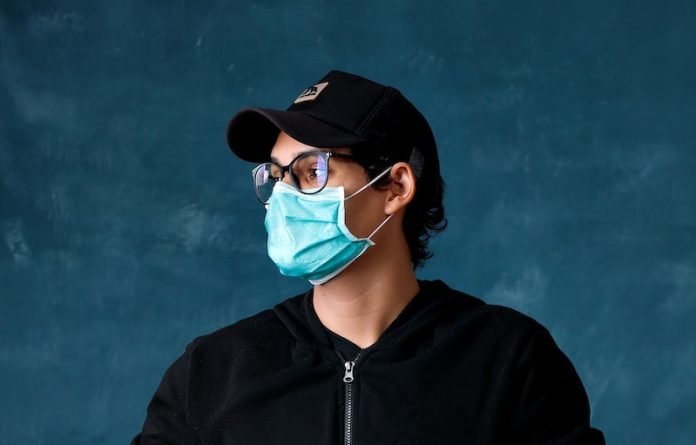
In a study from Uppsala University, scientists found men are at an increased risk of a severe bout of COVID-19 compared to women.
They found that this may be due to the loss of the Y chromosome in part of their white blood cells.
The findings could eventually be used to assess the risk of developing severe COVID-19 and perhaps to improve treatment.
A common genetic change in men is the loss of the Y chromosome (LOY) in a part of the white blood cells. Interestingly, this change is more common with advancing age.
During the COVID-19 pandemic, it became quickly apparent that men were more severely affected by the disease.
Up to 75% of patients in intensive care units have been men and the proportion of men who have died is also higher compared to women.
In the current study, the researchers have discovered a connection between LOY and the risk of severe COVID-19.
They studied blood samples taken from over 200 male patients in intensive care units between the beginning of 2020 and the summer of 2021.
The analyses showed that LOY was linked both to the severity of the disease, based on the WHO grading, and to the risk of dying.
Several findings in the study support that LOY is important for the development of severe COVID-19. A higher proportion of LOY could be linked to impaired lung function, e.g. lower oxygenation.
Complications in the form of blood clots also showed an association with a higher percentage of LOY in specific types of white blood cells. In addition, it was noted that the higher proportion of cells with LOY was transient.
The researchers believe that LOY could be used as a biomarker to predict which patients are at risk of severe disease development from COVID-19.
If you care about Covid, please read studies about the cause of blood clots in people with severe COVID-19, and what you need to know about bivalent boosters for covid-19.
For more information about Covid, please see recent studies about how COVID-19 affects the colon, and results showing new evidence on rare blood clots after COVID-19 vaccination.
The study was conducted by Bożena Bruhn-Olszewska et al and published in Genome Medicine.
Copyright © 2022 Knowridge Science Report. All rights reserved.



